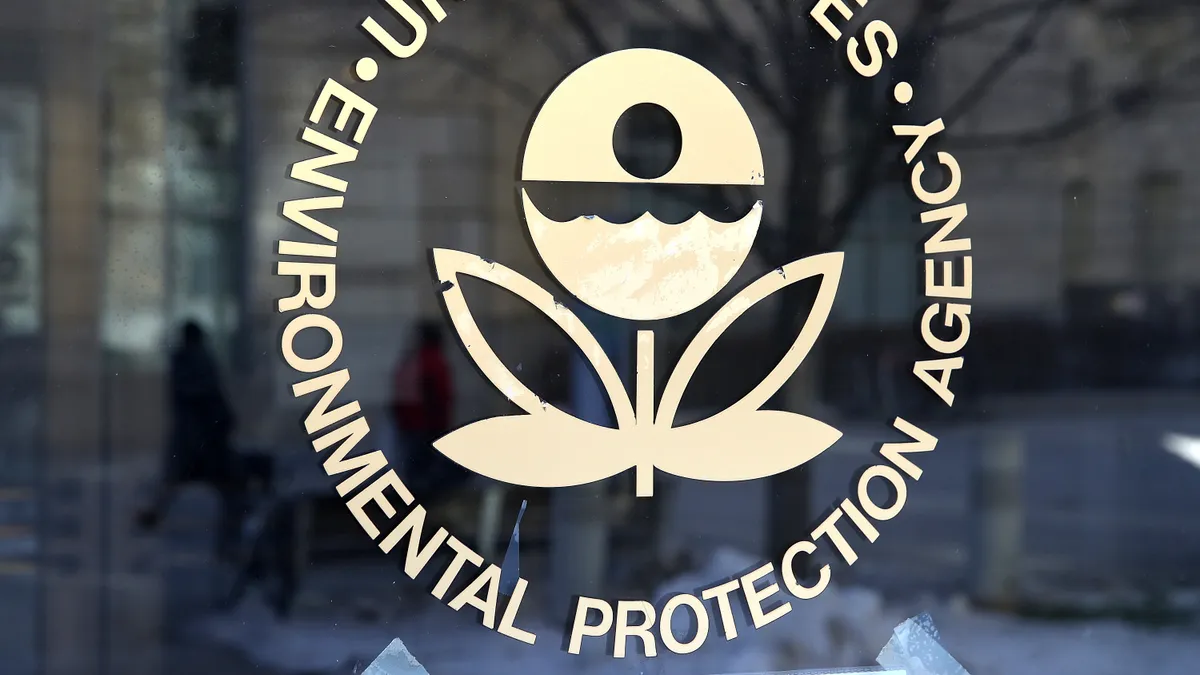Editor's note: This story is part of the WardsAuto digital archive, which may include content that was first published in print, or in different web layouts.
The Australian Labor government announces a Sept. 7 federal election and launches its campaign with a promise of A$200 million ($178.2 million) in new funding for the automotive industry.
Industry Minister Kim Carr says the money is to ensure Australia's vehicle-manufacturing sector has a strong future and continues to provide high-skill, high-wage jobs.
The scheme includes a mandated 100% Australian-made target for the purchase of federal fleet passenger vehicles. Officials will work with all states and local government, particularly Victoria and South Australia, through the Council of Australian Governments, to advocate that all state, territory and local governments commit to a similar target for their passenger-vehicle fleets.
However, the Australian Automobile Assn. complains motorists have been forgotten as the government concedes its fringe-benefits tax change was not well thought out and tries to correct the error with more taxpayer money for the industry.
“This announcement is a clear acknowledgement that the FBT changes have been a mistake and the government is now tying itself in knots trying to buy the car industry’s silence,” AAA Executive Director Andrew McKellar says in a statement.
Motorists are the ones who have been unfairly targeted by the FBT change changes, but the government has made no attempt to meet with these groups, he says.
“The FBT change is a tax hike on motorists and discourages the purchase of new, safer and more environmentally friendly vehicles,” Carr says. “The average age of a vehicle in Australia is 10 years, meaning there are already too many vehicles on the road that don’t meet modern safety or efficiency standards.”
Employees who receive a company car as part of their wage package must pay the FBT on the portion of vehicle costs related to private use. Previously, a worker could use a statutory 20% figure and not have to justify the claim. The change requires a log book record of each trip and makes it time-consuming and costly for the employer to track private use and work out the tax owed.
As a result, auto makers are reporting large number of canceled vehicle orders, and the industry says sales of domestically built vehicles could plummet 20%.
Carr says if the 100% Australian-made federal fleet target is adopted at all levels of government, sales of domestic-built vehicles could jump by more than 18,000 units a year, an 8% increase on 2012 production volumes.
“I will continue my discussions with industry as to how this additional funding can best support growth in sales,” he says. “We are considering a range of options and will release implementation details following further consultation.
“Our actions will provide crucial ongoing support for an industry that has been under considerable pressure with a high Australian dollar over an extended period and an increasingly competitive global market.”
Federal Chamber of the Automotive Industries figures show government purchases of new cars, both domestically built and imports, tumbled 24% from year-ago to 1,509 units in July. SUV purchases fell a similar 24% to 695, while light-commercial vehicles rose 3.2% 1,176.
Total government vehicle purchases through the first seven months were down 26.1% from prior-year to 8,093 units.
The federal government’s announcement does not say how the new funding will be used, but Carr tells the Australian Broadcasting Corp. it will be designed to “make sure that we do lift the number of vehicles sold in Australia that are made in Australia.”
Opposition Leader Tony Abbott tells reporters in Brisbane the new funding is conscience money over the FBT change and it is scandalous the government cannot explain exactly how the A$200 million will be spent on the car industry.
The Agenewspaper in Melbourne says Labor strategists are hoping the announcement tempers criticism the government has received from the auto industry for its recently announced policy to crack down on the FBT.
But the Victoria Automotive Chamber of Commerce is far from happy, saying the retail automotive industry –the areahit hardest by the FBT changes – is fuming at being overlooked in the government fix. Dealers and suppliers have had so many orders canceled that they have had to lay off staff.
“Our members are sick of so-called automotive-industry discussions and decisions that fail to even consider the repair, service and retail sector,” VACC Executive Director David Purchase says in a statement. “The changes to the FBT system have hit car retailers hard and fast. And yet, the government’s response fails to even mention retailers, let alone compensate them.”


















